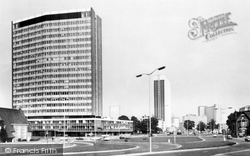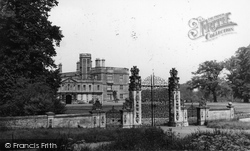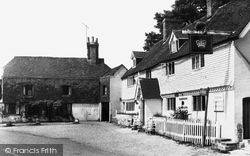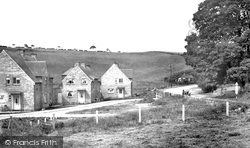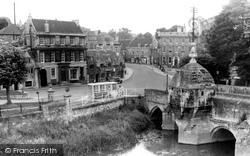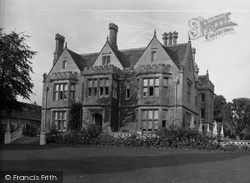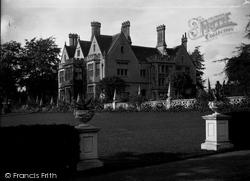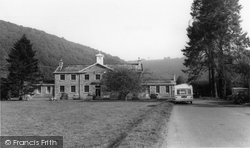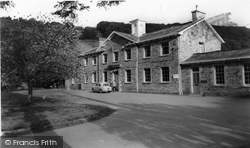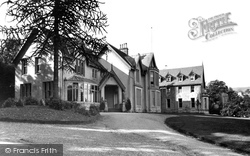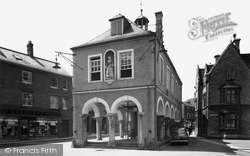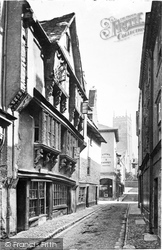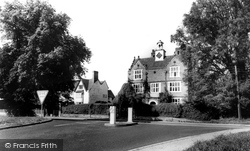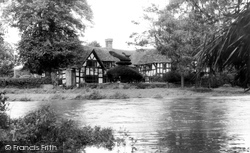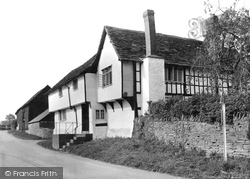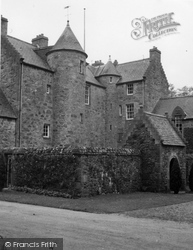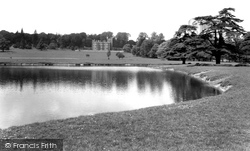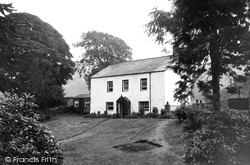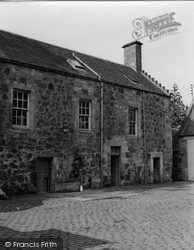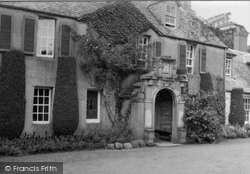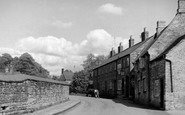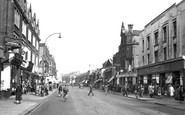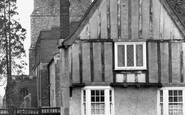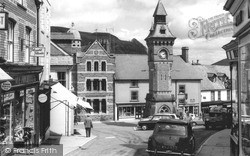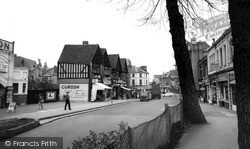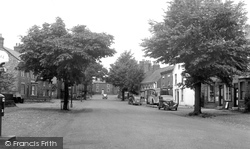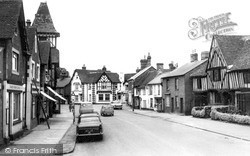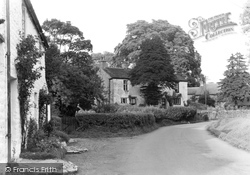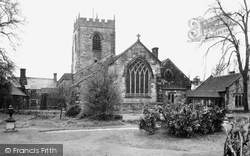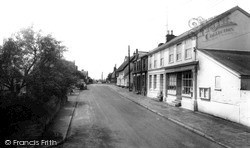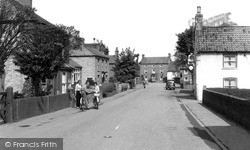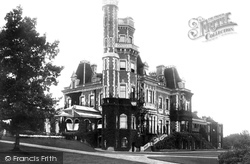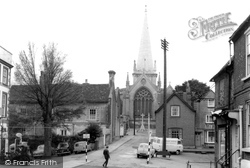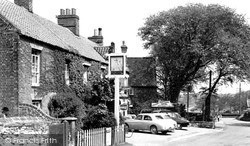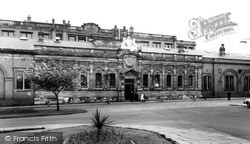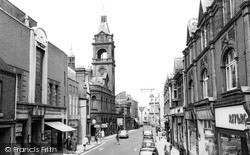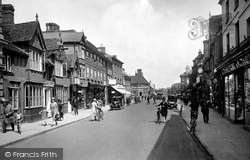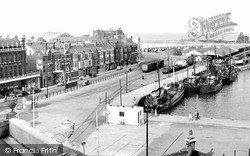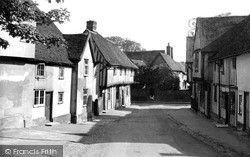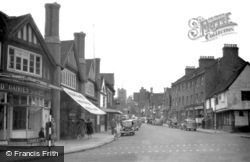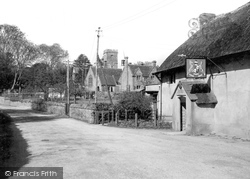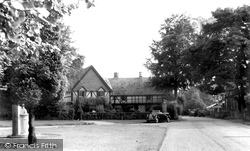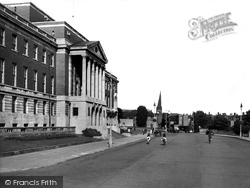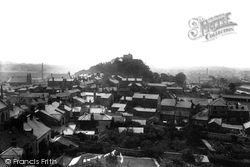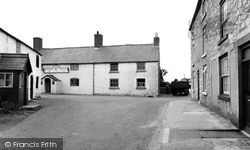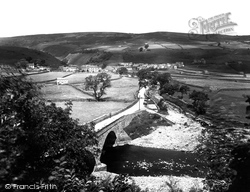Places
36 places found.
Those places high-lighted have photos. All locations may have maps, books and memories.
- Chatsworth House, Derbyshire
- Osborne House, Isle of Wight
- Brambletye House, Sussex
- Ickworth House, Suffolk
- Kingston Lacy House, Dorset
- Boscobel House, Shropshire
- Preshute House, Wiltshire
- Bolton Houses, Lancashire
- Brick Houses, Yorkshire
- Quaking Houses, Durham
- Water Houses, Yorkshire
- Bottom House, Staffordshire
- New House, Kent
- Mite Houses, Cumbria
- Lyneham House, Devon
- Church Houses, Yorkshire
- Dye House, Northumberland
- Spittal Houses, Yorkshire
- Street Houses, Yorkshire
- Tow House, Northumberland
- Halfway House, Shropshire
- Halfway Houses, Kent
- High Houses, Essex
- Flush House, Yorkshire
- White House, Suffolk
- Wood House, Lancashire
- Bank Houses, Lancashire
- Lower House, Cheshire
- Marsh Houses, Lancashire
- Chapel House, Lancashire
- Close House, Durham
- Guard House, Yorkshire
- Hundle Houses, Lincolnshire
- Hundred House, Powys
- Thorley Houses, Hertfordshire
- School House, Dorset
Photos
7,776 photos found. Showing results 4,701 to 4,720.
Maps
370 maps found.
Books
1 books found. Showing results 5,641 to 1.
Memories
10,360 memories found. Showing results 2,351 to 2,360.
Rcaf North Luffenham
My father was in the RCAF, stationed at the former RAF base. We lived in the village from 1952 to 1954. The picture on this site was where we lived at the time. The village shop was next door and was operated by Mr and ...Read more
A memory of North Luffenham in 1952 by
The Old Fox And Goose
We moved to the old Fox and Goose (next to the tiny shop and just up the road from the Blue Bell pub) in 1962. I was 8 and my brother 3. We stayed for around 2 years. My Dad worked for Alne Brick Co. My Mum cleaned houses. ...Read more
A memory of Alne in 1962 by
Wartime Memories Of Hay Part Two
Memories of Hay during the Second World War: Part Two. (Continued from Part One) Thoughts of 'Dad's Army' remind me that the local Home Guard occasionally used Forest Road for some kind of exercise. I've dim ...Read more
A memory of Hay-on-Wye in 1940 by
Wartime Memories Of Hay Part Three Final
Wartime Memories of Hay: Part Three. (Continued) Apart from Ration Books and the coupon implications for restricted purchase of food and clothing, my own recollections of life in Hay during World War ...Read more
A memory of Hay-on-Wye in 1940 by
Longley Road
Does anyone know anything about the Bowra family or Raven family? They lived in Longley Road in the late 1800s and 1900s until 1957. The family consisted of Henrietta Bowra, Leonard, Herbert, Sydney and Kate. Kate had a daughter ...Read more
A memory of Tooting in 1900
Cranborne
I was a pupil at Cranborne First School at the time of Ms Rogers and lived across the carpark at 9 Water Street. I remember ending up with prizes for cooking and mini garden and doing the show at the old village hall singing '1, 2, ...Read more
A memory of Cranborne in 1974 by
My Great Grandmother Mary Eve
Mary Ann Eve was from this area. She was my great-grandmother and joined her husband Robert Chilvers in South Africa after the Boer War. she died when I was sixteen years of age and I knew her very well. A feisty ...Read more
A memory of High Easter in 1890 by
Sandycombe Road
I was born in Kings Farm Avenue, just off Manor Road in Richmond in 1964. When I was a baby we swapped council houses with my Uncle and moved into 28 Sandycombe Road - this was to be my home until 1987. My grandparents lived at number ...Read more
A memory of Kew in 1969 by
Crump Family
My 2 x great-grandfather, Thomas Crump, was born in 1799. He married Susannah Bond in 1822 and lived...??? at Mill Cottage. He became Farm Bailiff on the Quicke Estate, responsible for the letting of farms. His son, Matthew ...Read more
A memory of Newton St Cyres by
Your search returned a large number of results. Please try to refine your search further.
Captions
6,977 captions found. Showing results 5,641 to 5,664.
Knighton has managed to preserve its charming juxtaposition of period houses as we see here, and shows a very interesting townscape.
Although much smaller in capacity than the two nearby picture houses, the Granada and the Gaumont, it managed to survive into the 1970s, when its stylish façade was removed and it was transformed into
The petrol station and the nearby brewery have been converted to private houses, and so has the old Methodist church of St Cuthbert. The village post office, near the bus (right), remains.
In the foreground of the photograph we can see a beautiful and well-preserved timber-framed house, known as Savages.
This village green was also the site of the court house. Hatters, shoemakers and corn millers, along with stonemasons, joiners and blacksmiths, kept the village well supplied in the 19th century.
The blacksmith's forge used to be there too. 18th- and 19th-century sandstone houses, a village green and a pack horse bridge add to Croston's charm.
The imposing early 19th-century building to the right is timber-framed, with the ground floor of the house imitating stone blocks; the shop front has fluted Ionic pilasters.
East and south of the church, the High Street has a number of good houses, including the 18th-century Elm Farmhouse in the distance.
The house was demolished in 1951.
The garage with the three-wheeler outside, a good stucco Early Georgian house, is now offices.
There has been a beer house in the village for well over 200 years. The innkeepers were not choosey over how they obtained their spirits, and there was a great smuggling trade here.
For generations, Lever House has accommodated the main offices of Lever Brothers. Lever ensured that although they were closely linked, the factory and the village did not intrude on one another.
The complex also houses the town's library and various meeting rooms. The earlier sign for public lavatories has now been replaced by a sign which reads, much more bluntly, 'Toilets'.
Cock Inn was once a tumbledown, disreputable place, but Alfred Doughty's obituary in 1916 says that after he purchased the inn in 1888, he improved it, 'until today The Cock Inn is one of the finest houses
The large shop on the left is Tuttle's, the house furnisher's. The late Victorian terrace includes the Royal National Mission to Deep Sea Fishermen.
On the left is a high-quality Tudor house, with arched windows for a shop at the far end. Opposite is the 15th-century Wool Hall, originally the Guild of Our Lady, with an open hall and cross-wings.
The remainder of the buildings have changed little, including an excellent early 18th-century brick-fronted house halfway up the hill.
Symondsbury may be deficient but it can boast the thatched Ilchester Arms Inn (right), which is named for the Strangways family, owning lands from Abbotsbury Swannery to Melbury House
In the centre of the view is Anne's Corner, a picturesque house with timber-framing to the upper floor.
Once upon a time there was a house on the site of the Town Hall called Rosehill.
The right-hand side has double- depth offices along Patford Street, which once housed the police station.
One rooftop of 1860 shows the Royal Insignia; it was the Court House, Lowergate (just out of this photograph).
The White Horse Inn (facing us, left) is now the last of seven public houses that are said to have once traded in the village; it is remarkable that the local population of so many small
The old smithy has been here since 1795 - it is still open, and now also houses a small museum.
Places (80)
Photos (7776)
Memories (10360)
Books (1)
Maps (370)


